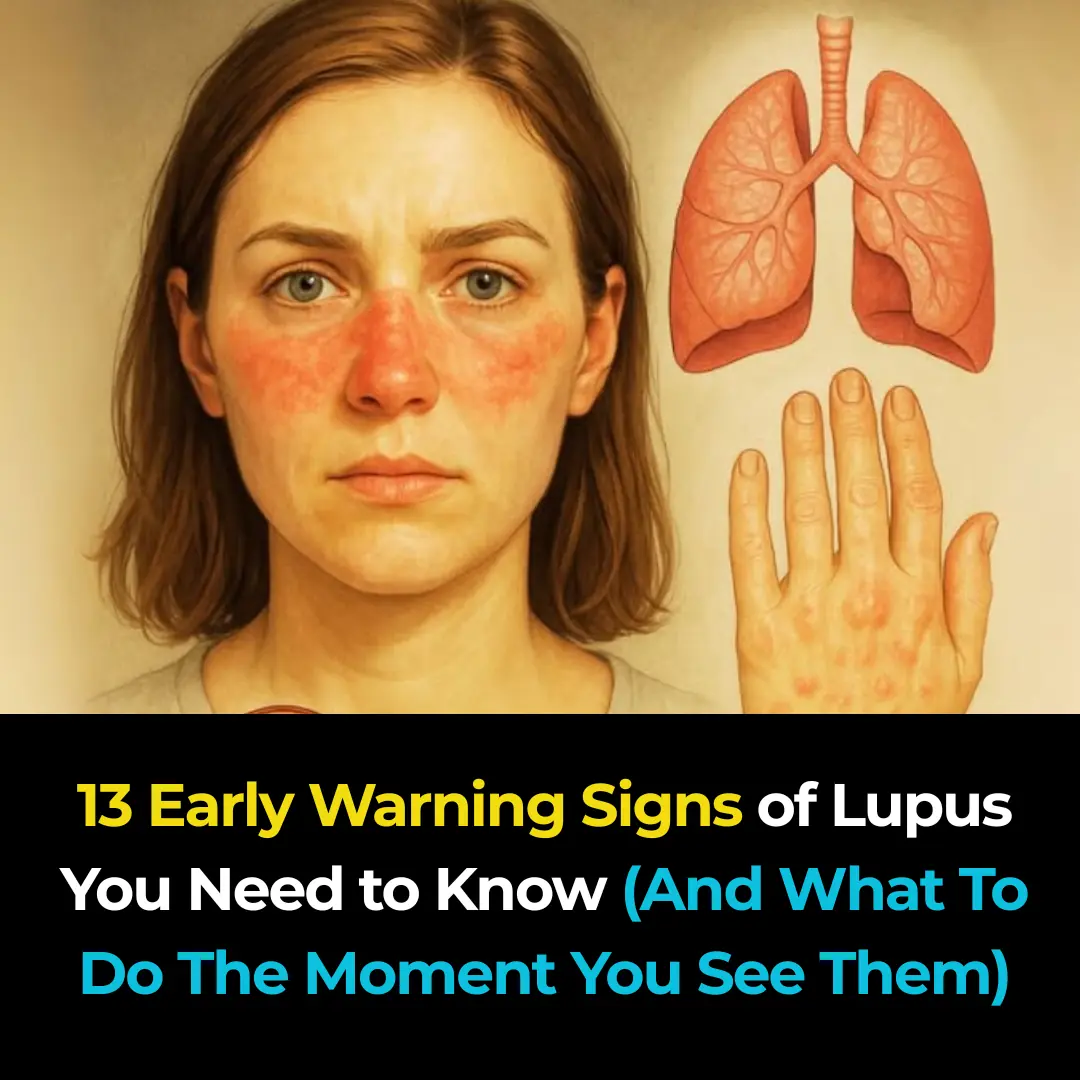
Breakthrough study shows lithium can ‘reverse’ Alzheimer’s damage even in advanced stages
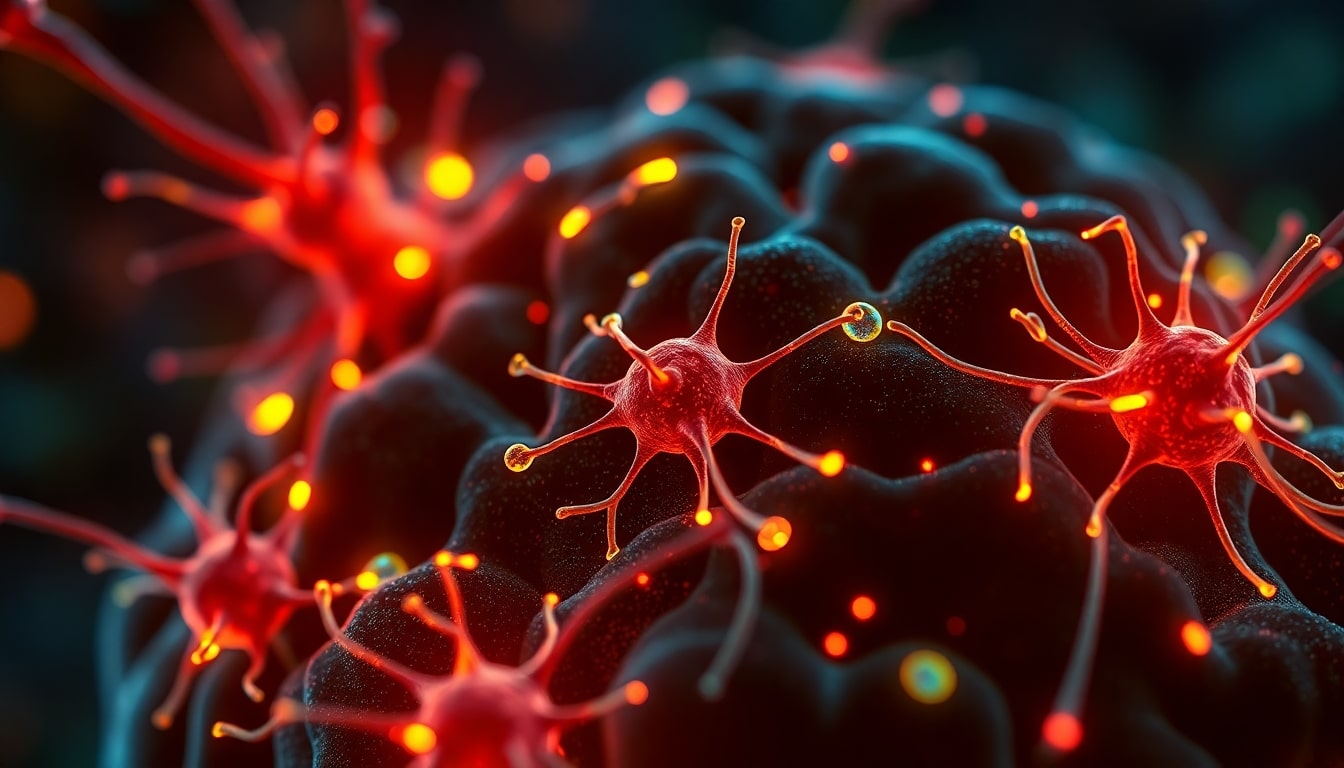
Could a Simple Mineral Hold the Key to Alzheimer’s?
Have you ever wondered why some people go on to develop Alzheimer’s disease, while others—despite showing similar early brain changes—never do? For decades, scientists have struggled with this mystery. Now, a groundbreaking study from Harvard Medical School has uncovered an unexpected piece of the puzzle: the answer may lie in a humble mineral called lithium.
This discovery could shift the way we think about Alzheimer’s, opening new possibilities for early detection, prevention, and even treatment.
🔑 Key Takeaways
-
Lithium Levels Matter: People with healthy brains tend to have naturally higher levels of lithium, while those with Alzheimer’s consistently show significantly lower levels.
-
An Early Warning Sign: This decline in lithium appears very early in the disease process—sometimes long before major symptoms or irreversible brain damage occur.
-
Hope for Treatment: In mouse studies, a safe, ultra-low dose of a special form of lithium not only reduced brain damage but actually reversed memory loss.
-
A New Direction for Research: Instead of only targeting toxic amyloid plaques, scientists may now focus on maintaining healthy lithium levels as a protective strategy.
What’s the Connection Between Lithium and the Brain?
Most people know lithium as a psychiatric medication prescribed for mood disorders. But lithium is also a natural trace mineral found in small amounts in food and drinking water. What many don’t realize is that our brains naturally contain lithium too—at very low levels.
Harvard researchers discovered that these tiny amounts of lithium are not random. They seem to play a protective role in memory and brain health. By analyzing brain tissue from hundreds of individuals, the team found a striking pattern:
-
Higher lithium levels were linked to better memory and healthier brain tissue.
-
Lower lithium levels showed up in people with mild cognitive impairment and those already diagnosed with Alzheimer’s.
This suggests that lithium might act like a natural shield for the brain, keeping memory pathways strong and resilient against damage.
Why This Study Changes the Game
For years, Alzheimer’s treatments have focused on clearing away amyloid plaques—sticky protein clumps that build up in the brain. While these plaques are a hallmark of the disease, treatments targeting them have shown limited results.
The new lithium findings suggest something important: it’s not just the plaques that matter, but how the brain reacts to them.
In animal experiments, when researchers lowered lithium levels, the mice quickly developed symptoms—inflammation, memory loss, and amyloid buildup—closely mirroring Alzheimer’s disease in humans. This shows a potential cause-and-effect relationship, making lithium a critical player rather than a minor side note.
Can Lithium Reverse Alzheimer’s Damage?
Perhaps the most exciting discovery involves lithium orotate, a special compound form of the mineral. Unlike standard lithium carbonate used in psychiatry, lithium orotate can enter the brain more efficiently and reach the areas most affected by plaques.
In studies with mice:
-
Lithium orotate was given at extremely low doses—about 1,000 times lower than psychiatric levels.
-
Despite the tiny amount, it showed remarkable results: memory improved, inflammation decreased, and even signs of brain damage began to heal.
-
Most importantly, these effects were seen even in animals with advanced stages of the disease.
Because the dose is so much smaller, researchers believe it could be much safer for older adults—avoiding the side effects normally associated with higher-dose lithium therapy.
What This Could Mean for the Future
If clinical trials confirm these results in humans, the implications could be enormous:
-
Early Detection: Measuring lithium levels in the brain could become a new way to identify Alzheimer’s risk long before symptoms appear.
-
Prevention: Maintaining balanced lithium levels—possibly through safe, low-dose supplementation—could help protect brain health as we age.
-
Treatment: For those already diagnosed, lithium orotate may offer a way to slow or even reverse memory loss, something no current medication has been able to achieve reliably.
⚠️ A Word of Caution
Despite the excitement, experts stress that people should not begin taking lithium supplements on their own. The form, dosage, and safety need careful testing. Too much lithium can be toxic, and not all forms of lithium reach the brain in the same way. That’s why the Harvard researchers are now moving forward with human clinical trials to test lithium orotate specifically.
Conclusion
This breakthrough research offers a ray of hope in the fight against Alzheimer’s, a disease that has long been seen as unstoppable. For the first time, scientists may have uncovered a simple, natural factor—lithium—that could explain why some people develop the disease while others do not.
If future studies succeed, we may soon live in a world where:
-
A simple test for lithium levels helps predict Alzheimer’s risk.
-
A low-dose supplement could help keep memory sharp.
-
And perhaps, for the first time, we may have a treatment that can not only slow but even reverse the devastating effects of this condition.
Alzheimer’s research has often been filled with setbacks, but this lithium discovery could mark the beginning of an entirely new chapter—one where prevention and healing are truly within reach.
News in the same category

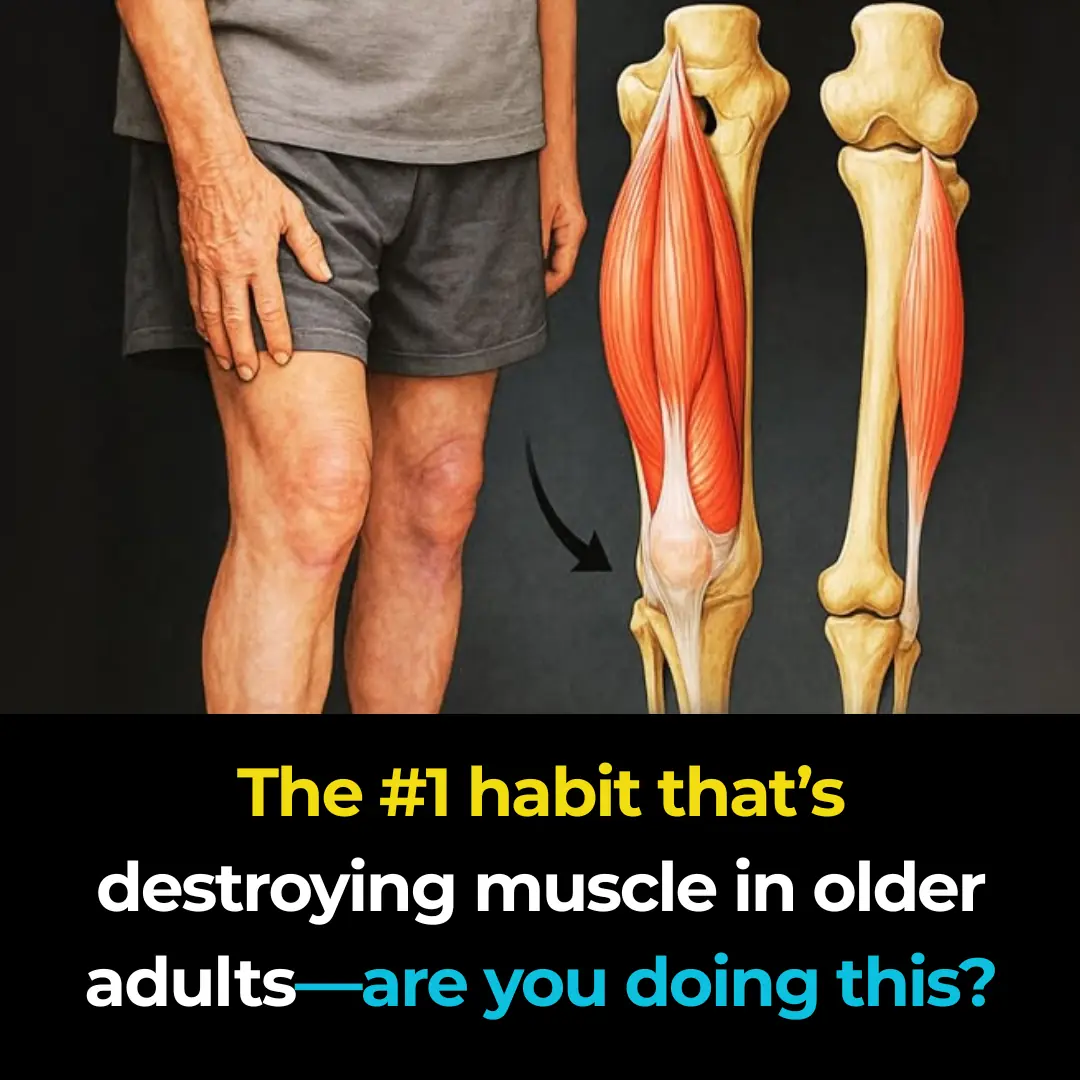
The #1 habit that’s destroying muscle in older a:dults—are you doing this?

Vaping vs. Smoking: New Study Says Vapes May Be More Harmful

Waking Up to Pee? Here’s What You Should Know—and When It Might Be a Problem

Girl, 5, died days after being misdiagnosed with a cold

Heart surgeon shares four daily habits to avoid for better health

Top 10 foods that unclog arteries naturally and prevent heart attack

10 Warning Signs You’re Eating Too Much Sugar – Many People Ignore #5
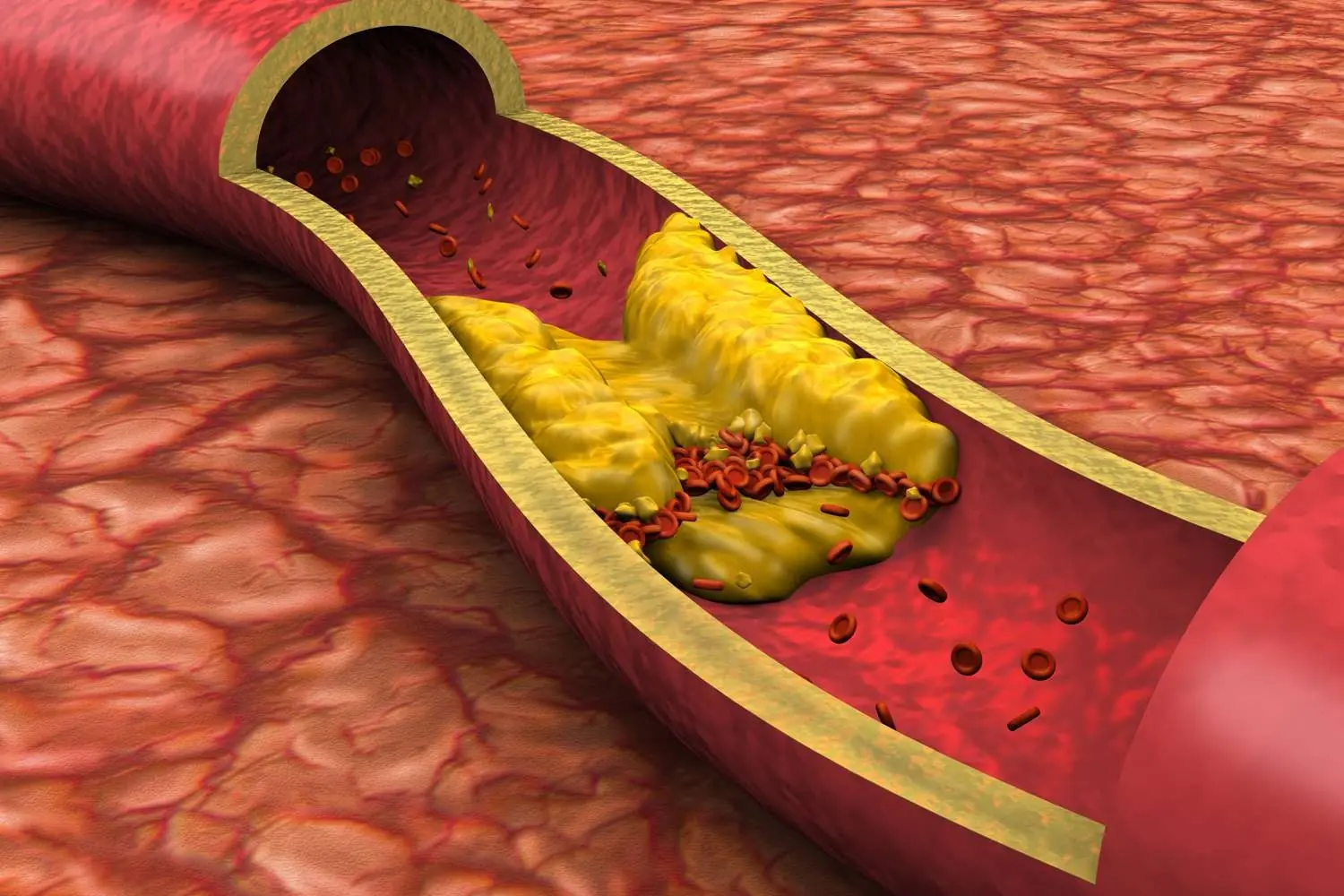
Clogged Arteries Mean Poor Blood Circulation and Risks of Heart Attacks. Here is How You Can Clean Your Arteries from Plaque

Get Rid of Throat Mucus Faster With These Simple Natural Treatments That Work
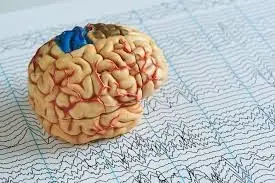
Scientists Have Discovered Hidden Brain Patterns That May Predict Your Intelligence
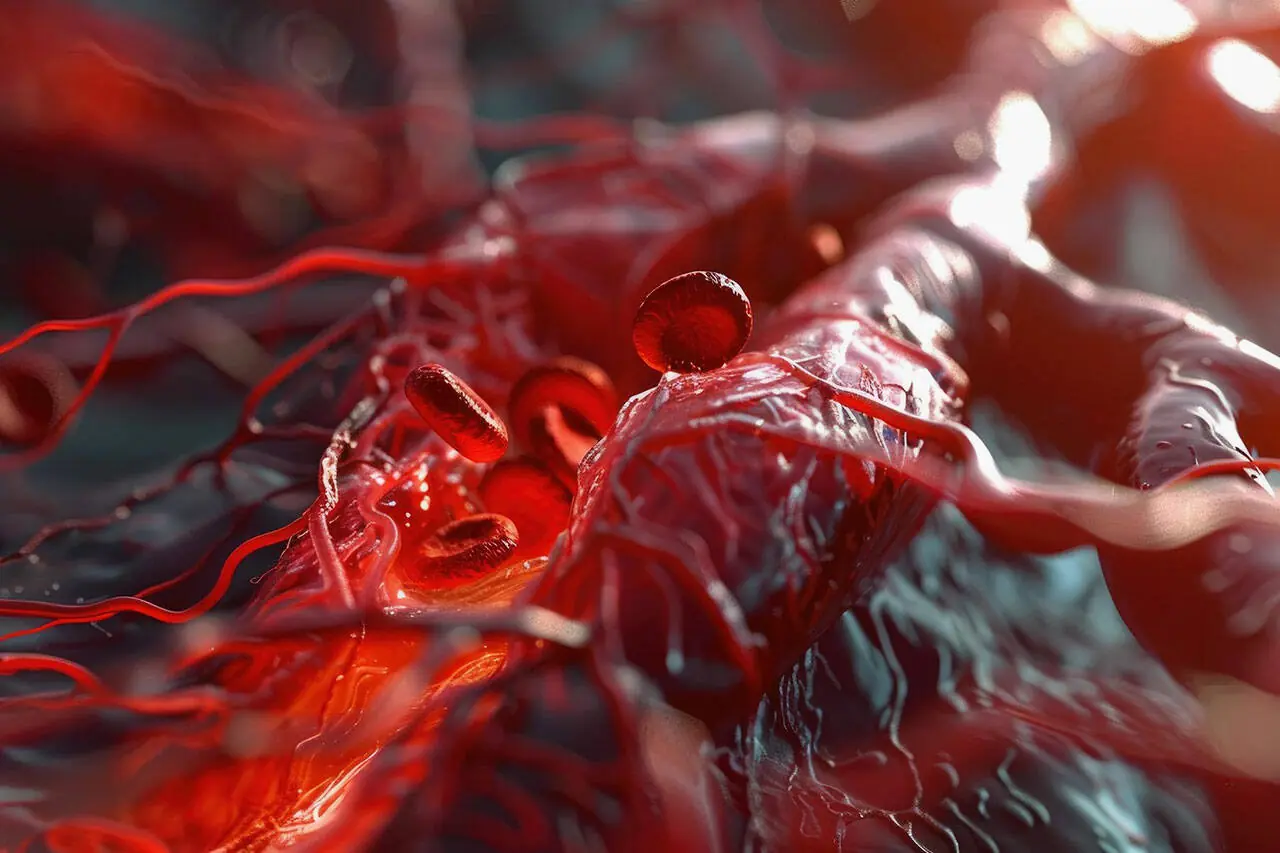
One Vitamin That Could Transform Your Circulation

Why Cold Showers on Hot Summer Nights May Keep You Awake

Lesser-Known Menopause Symptoms

Signs Your Cortisol Is Dangerously High

He Never Drank Alcohol but Died of Liver Failure: Doctors Reveal 4 Common Foods That Quietly Destroy the Liver
A man who stayed away from alcohol his entire life shocked his family when he was diagnosed with liver failure and passed away at just 55 years old. Doctors warn that alcohol is not the only enemy of the liver—certain everyday foods can be just as destr
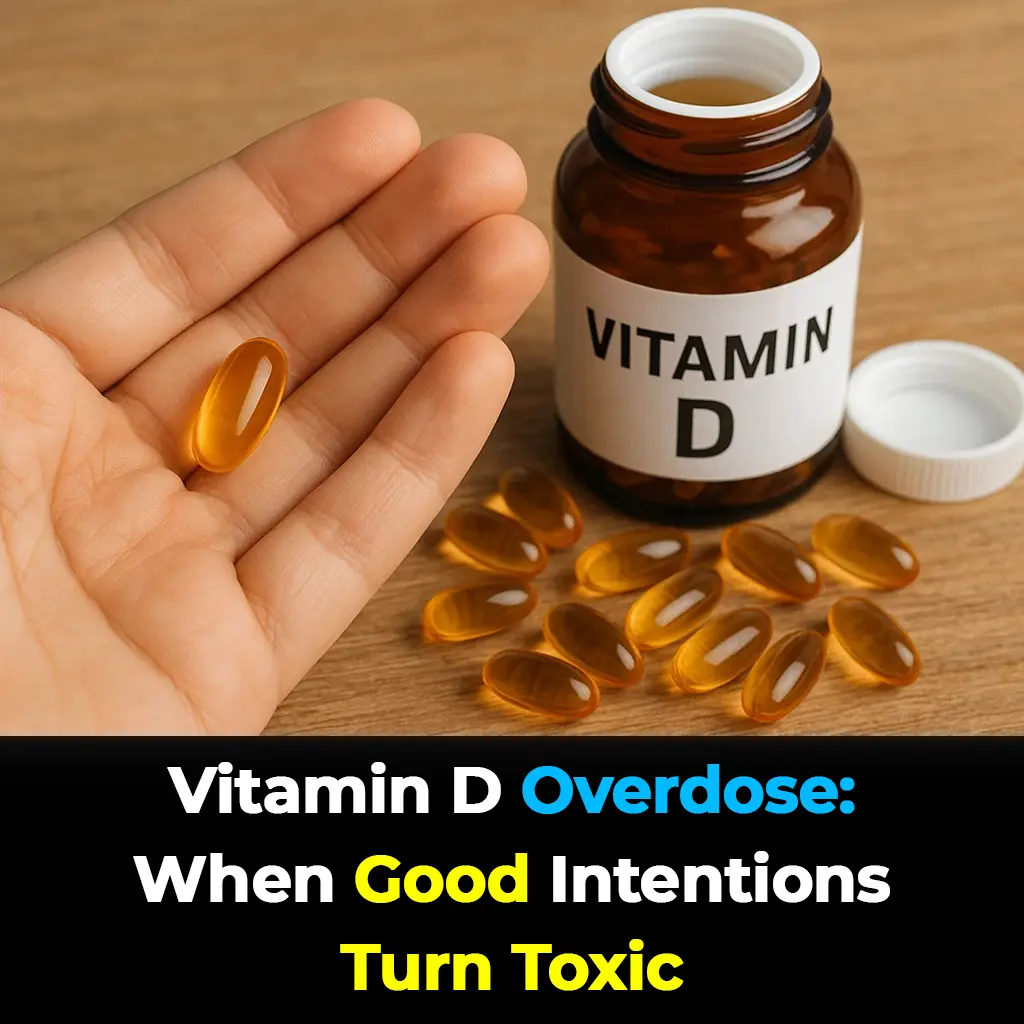
Vitamin D Overdose: When Good Intentions Turn Toxic
Vitamin D is often celebrated as the “sunshine vitamin,” vital for bone strength, immune health, and even protection against certain chronic diseases. But while moderate amounts are essential, excessive or unsupervised intake can be toxic—and in som

6 Types of Pain You Shouldn’t Ignore
Occasional mild discomfort may not require urgent care, but sudden, unexplained, or severe pain always deserves medical attention.

Scrolling on the Toilet? Experts Warn It Could Trigger Painful Hemorrhoids
For many, the bathroom has become more than a necessity—it’s a private escape, a brief pause in the day, and for some, even a mini reading lounge. But researchers warn that lingering too long with your smartphone on the toilet may quietly be raising y
News Post

7 Surprising Benefits of Euphorbia Hirta

Purslane: The Superfood That Tastes Better Than Meat – 7 Reasons to Grow It in Your Garden

13 Early Warning Signs of Lupus You Need to Know (And What To Do The Moment You See Them)

The #1 habit that’s destroying muscle in older a:dults—are you doing this?

2 quick and easy ways to wash yellowed pillow inserts, making them instantly white and fresh like new

When buying luffa, should you choose dark green or light green ones? Even after years of going to the market, many people still don’t know this

Insert this into a lemon and place it in the corner of your house — mosquitoes will be gone for good

Jar of sour star fruit soaked in rock sugar

There is a "hidden switch" on the water heater that you can turn on and use for more than 10 years and it will still be durable.

Soak fish in this water, the fish meat will be firm, sweet, well-rounded, and will no longer have a fishy smell

Misunderstandings turn water purifiers into disease hotbeds, get rid of them immediately or your whole family will be harmed

10 foods to help fight fatty liver: Nutritionists recommend eating them every day!

Mix banana peels with this and leave it in the corner of the house. After just 1 night, all the cockroaches will run away

12 Moringa Seed Benefits You’ll Never Hear from Your Doctor (But You Should Know)

This is why you should never leave a water bottle in your car.

Supermarket staff reveal: 6 things never buy in supermarkets even on big sale

Ditch the Pills: Unlock Chayote’s Secret to Pain-Free, Vibrant Health! 🥗

7 types of food that won't spoil for a long time: It's still safe to eat after the expiration date, don't waste it
